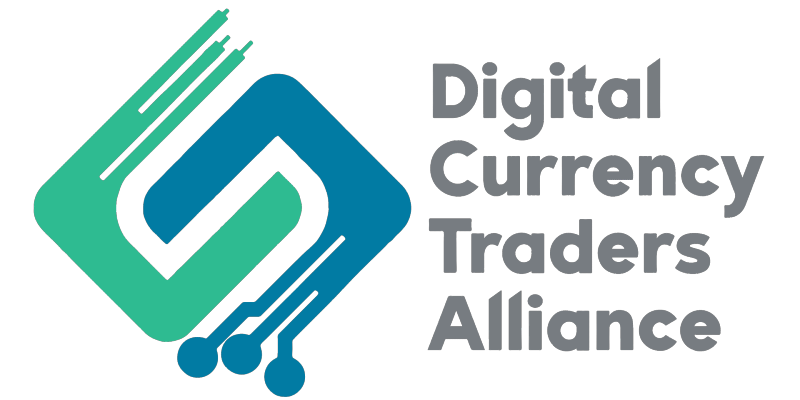Last month, DCTA Congressional Affairs Coordinator, Shaq Cruz attended the House Financial Services Committee Hearing on the Future of Digital Assets.
The hearing focused on two significant topics: legislation regarding payment stablecoins and the digital asset market structure.
Let’s dive into the key highlights:
During the hearing, several witnesses provided testimony, including Dr. Emin Sirer, the founder of Ava Labs, and Aaron Kaplan from Prometheum. However, it was noted that Kaplan’s testimony didn’t inspire much confidence in the SEC’s handling of cryptocurrencies, raising concerns within the crypto community.
One noteworthy consensus emerging from the hearing was the agreement that digital assets constitute a distinct class requiring regulatory measures that go beyond the Securities Exchange Act of 1933. This acknowledgment is a significant step forward in recognizing the unique nature of digital assets and the necessity for tailored regulations.
Amidst discussions on the lack of clarity surrounding digital assets, Dr. Emin Sirer, CEO of Ava Labs and a former computer science professor, proposed a promising solution. He suggested adopting a “function-based” framework to classify tokens in the digital asset space. Given the complexity and diversity of digital assets, this approach seems to be a well-suited method to ensure accurate classification and regulation.
Building upon this momentum, a previous hearing in May saw Timothy Massad, former Chairman of the CFTC, recommending the establishment of a jointly supervised self-regulatory organization (SRO) by the SEC and CFTC. This SRO, similar to entities like NYSE or FINRA, would play a pivotal role in developing rules that enhance investor protection, fraud prevention, transparency, and governance standards for trading and lending platforms. This proposal represents an important step in creating a baseline framework to safeguard participants in the digital asset ecosystem.
Overall, the recent hearing shed light on the pressing need for comprehensive regulation in the digital asset industry. The growing consensus that digital assets require a distinct regulatory approach signifies progress towards establishing a secure and sustainable environment for the market. As developments continue to unfold, we will keep you informed about any significant advancements in this space.
